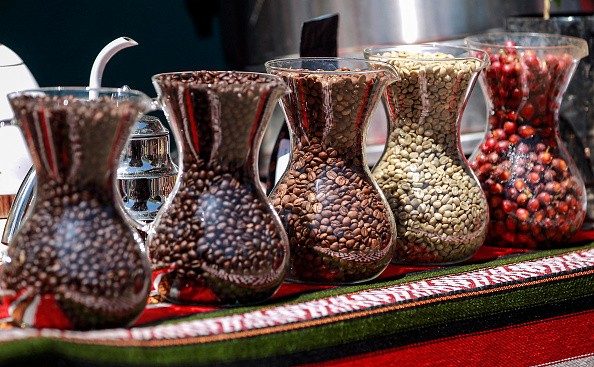According to the studies presented at the American College of Cardiology's 71st Annual Scientific Session, drinking coffee, - in particular 2 to 3 cups per day, is indeed associated with a reduced risk of cardiovascular disease and dangerous heart rhythms, but also with longer expectancy.
These patterns hold for people with or without heart disease.
The analyses, according to the investigators, are the biggest to look at coffee's possible role in heart disease and death, providing reassurance that caffeine isn't linked to new or worsening heart disease and possibly heart protection.
Coffee can reduce risks of heart disease

"Even though coffee can quicken heart rate, some people worry that drinking it will cause or get worse with specific heart issues, and that is where general health opinion to stop drinking coffee may come from," said Peter M. Kistler, MD, professor, and head of arrhythmia research at Alfred Hospital and Baker Heart Institute, as per ScienceDaily.
They discovered that coffee consumption had either a neutral impact (meaning it caused no damage) or was related with advantages to heart health."
Kistler and his colleagues analyzed data from the UK BioBank, a large-scale prospective database containing health records from over 500,000 people who have been tracked for at least ten years.
Researchers have examined the relationship between varying levels of coffee intake, ranging from one cup to more than six cups per day, and heart rhythm problems (arrhythmias); cardiovascular disease, including coronary artery disease, heart failure, and stroke; and total and heart-related deaths in individuals with and without coronary heart disease.
Patients were divided into groups based on how much coffee they reported consuming each day.
The very first study looked at data from 382,535 people lacking known cardiovascular disease to investigate if coffee consumption played a role in the development of atherosclerotic cardiovascular disease during a 10-year period.
The average age of the participants was 57, and half were female. In general, drinking two to three cups of coffee per day was related with the most benefit, resulting in a 10% to 15% decreased risk of getting coronary heart disease, heart failure, a cardiac rhythm disorder, or dying for any cause.
Will it be caffeinated or decaf?
NBC senior medical reporter Dr. John Torres remarked on TODAY. "Some who consumed that magic amount two to three cups of coffee, for the most part, had not only fewer cardiac issues but also a lower risk of dying throughout that ten-year period. They discovered that it might be quite beneficial to your health."
Researchers discovered decreased risks of death for all coffee kinds, whether ground or instant, caffeinated or decaf.
Two to three cups per day seem to be the perfect quantity here as well.
Decaf, on the other hand, had no protective function against arrhythmia but did lower coronary heart disease, excluding heart failure.
Tea has its own health benefits, he added, but in this study, the coffee was the focus and the star. Coffee beans have more than 100 biologically active compounds flavonoids that can boost your health, he noted.
They can help reduce inflammation, improve insulin sensitivity, boost metabolism, inhibit the gut's absorption of fat, and block receptors known to be involved with abnormal heart rhythms, Kistler said in the American College of Cardiology statement.
Previous studies have already found coffee can be part of a healthy lifestyle, reduces the risk of liver disease, and may reduce the risk of stroke and dementia.
© 2025 NatureWorldNews.com All rights reserved. Do not reproduce without permission.





